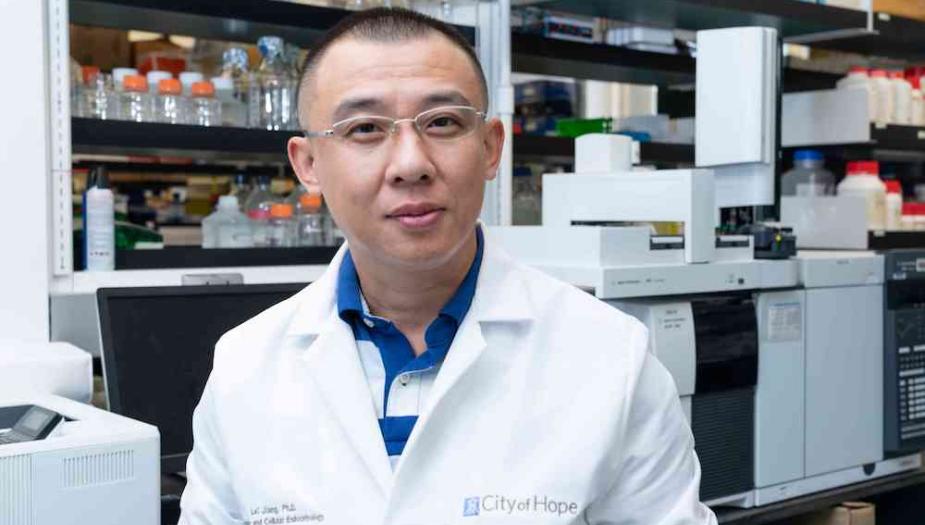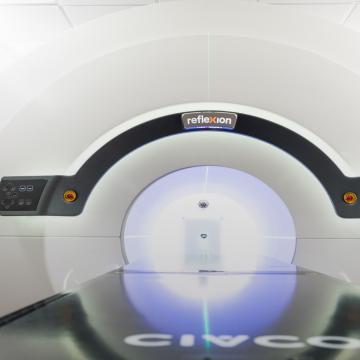
Lei Jiang Lab
Research Lab Overview
Our investigations focus on mitochondria , which are the powerhouse within cells themselves. To gain insight into these mechanisms within live cells, we track metabolism with leading-edge imaging techniques using a nonradioactive tracing agent for mass spectrometry.
With an eye toward the evolving world of precision medicine, we also use computational tools to process vast amounts of data and to model biological systems. Our findings have the potential to determine targets for new therapies against cancer and diabetes.
Highlights
In the Lei Jiang Lab, we aim to elucidate the molecular mechanisms regulating nutrient homeostasis in metabolic diseases, such as diabetes and cancer. Our tools for this endeavor include innovative mass spectrometry-based metabolic tracing and systemic bioengineering. These methods provide a new angle for understanding how diabetes, cancer and other diseases rewire metabolism.
Compartmentation is a key concept in our work. We are interested in both cellular compartmentation — metabolic reactions distributed in space and time —and the layer of compartmentation that encompasses metabolic communication between a wide variety of cell types in the adipose tissue of patients with diabetes and the tumors of patients with cancer. We study how metabolites, such as citrate and serine, serve as signal molecules between cells and within the subcellular structure. Our lab is also delving deeper to examine the signaling between organelles inside cells.
An Assistant Professor in Molecular & Cellular Endocrinology, Lei Jiang conducts research that focuses on molecular and cellular endocrinology, metabolic alteration in obesity and diabetes, central carbon metabolism in cancer and systemic metabolic flux analysis.

34.1293409, -117.971358
Duarte, CA 91010
